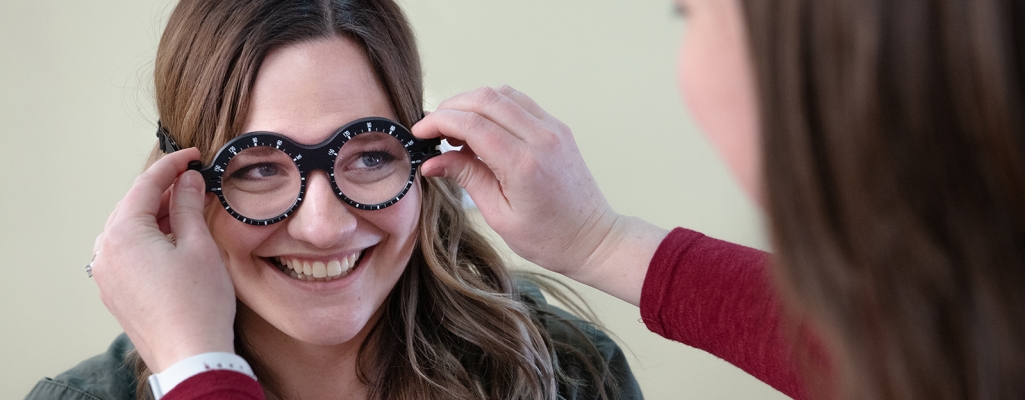Outpatient
We offer a wide range of single, multiple, and day treatment services to improve the successful outcome of each individual we serve. Our holistic approach raises the potential for recovery. We create custom treatment plans during admission that clearly define the rehabilitation goals and potential discharge plans.
Day Treatment
We give caregivers the opportunity to rest from the immense responsibility they hold each day caring for their loved ones. With the peace of mind that their loved one is receiving quality care, the caregiver can get a renewal of strength and energy while the client receives the benefits of the Residential Program. Learn more about Day Treatment at Origami here.
Admission Criteria
- Male or female of any age with a diagnosis of neurological, developmental, mental health, or orthopedic condition
- Requires skill-building and/or retraining due to effects of injuries/disabilities
- Medically stable, free from acute infection or fever
- Does not require medical oversight from Origami employees while on campus
- Minimum Ranchos Los Amigos Level of 4/5
- Not a danger to self or others
- Not actively engaged in substance abuse
Transition/Discharge Criteria
- Individual achieves a level of functional independence and/or achieves long term goals necessitating the discontinuation of professional rehabilitation services as deemed by the applicable service and/or treatment team.
- Individual’s behavior is not compatible with the program goals, group activities, or may prevent the progress of other participants*
- Poses a risk or danger to self or others*
- Individual meets admission criteria of another program track in the Origami continuum and may transition accordingly
- Interruption to secure funding
*A discharge procedure will be followed ensuring the opportunity to access other appropriate resources.
Diagnoses Treated
Origami provides comprehensive rehabilitation for children, adolescents, and adults with neurological, developmental, mental health, and orthopedic conditions. Diagnoses may include but are not limited to, cerebral palsy, movement disorders, multiple sclerosis, neurological deficits stemming from aneurysm, seizure, and/or tumor, neuromuscular disease, Parkinson's Disease, post-concussion syndrome, spinal cord injury, stroke, or traumatic brain injury.



